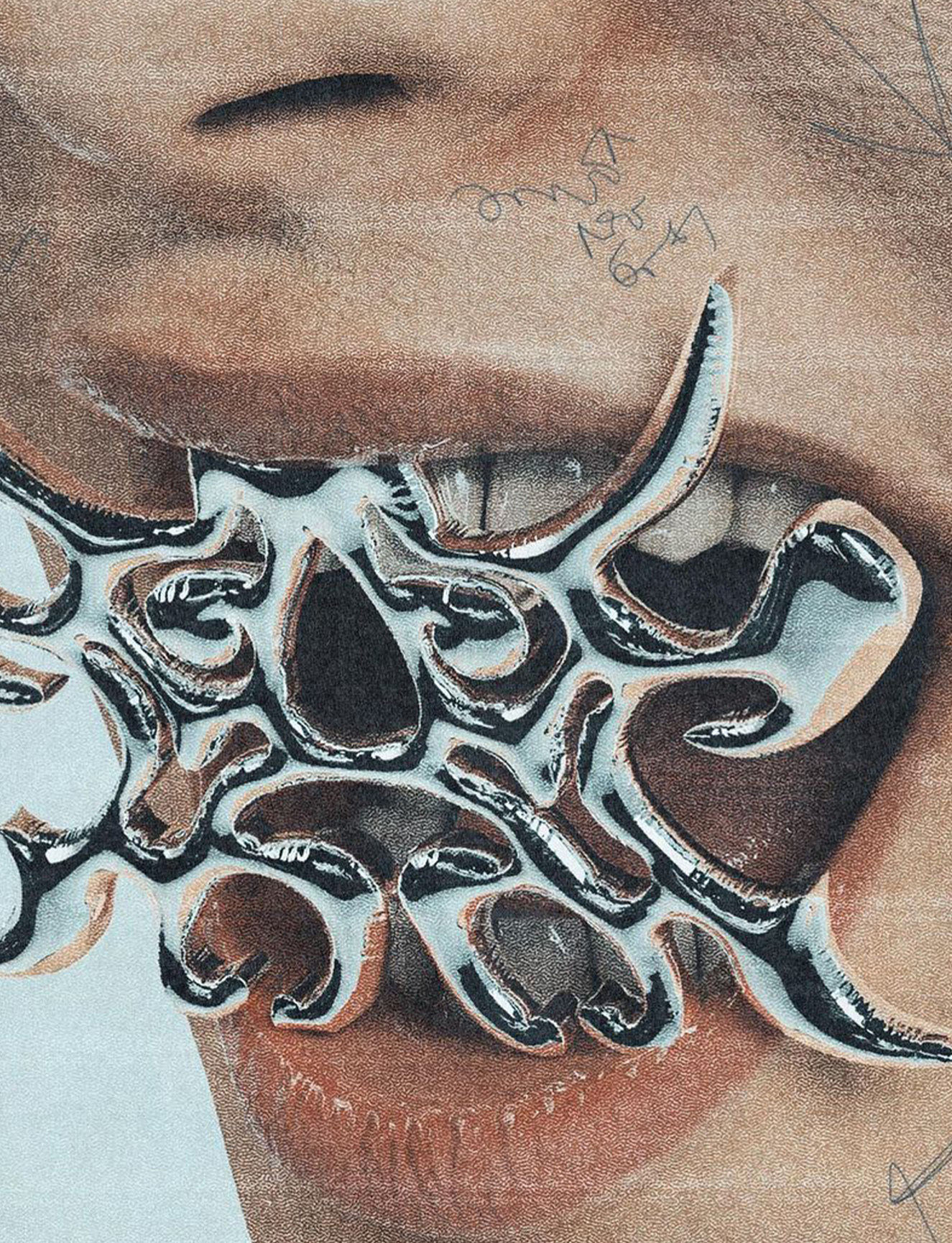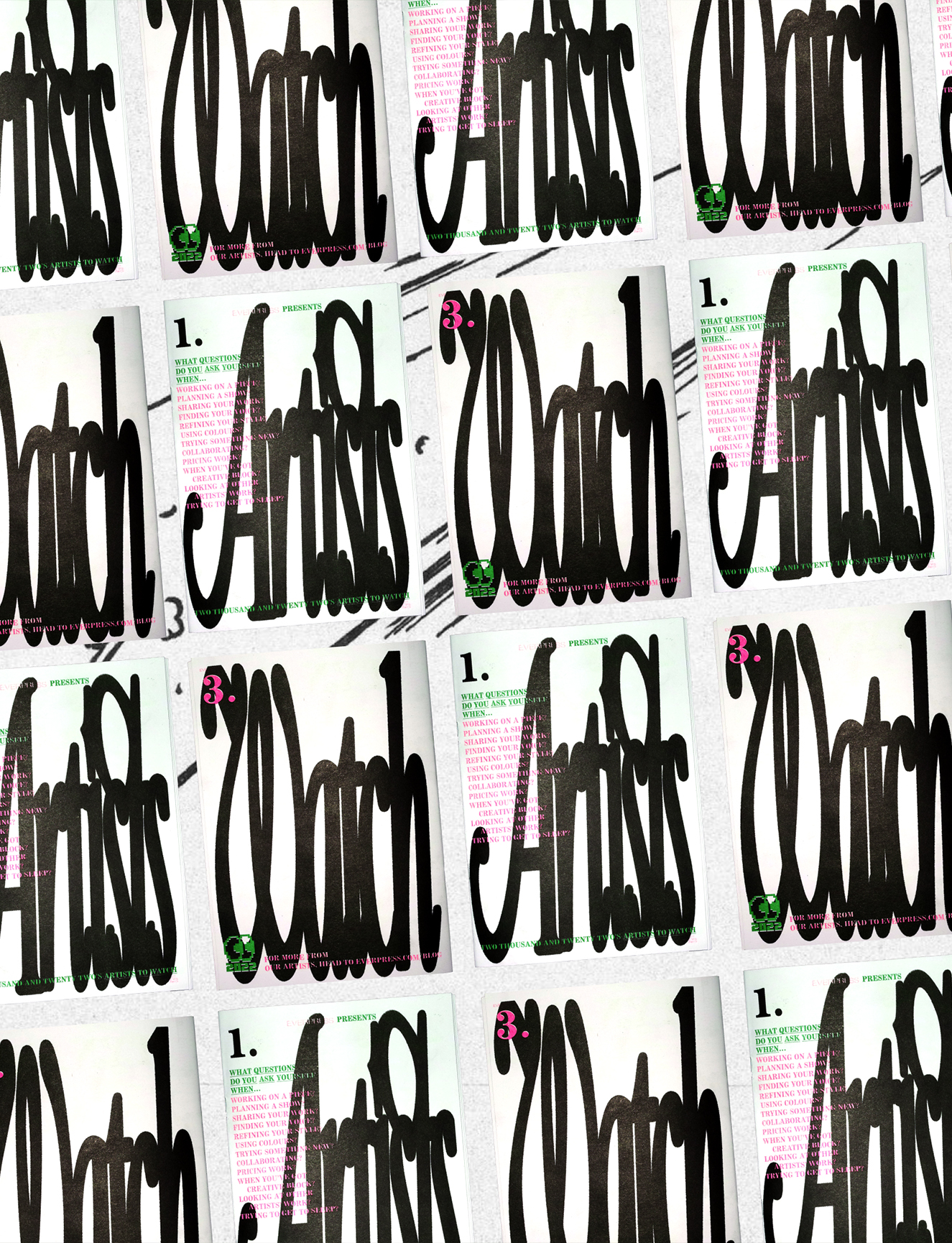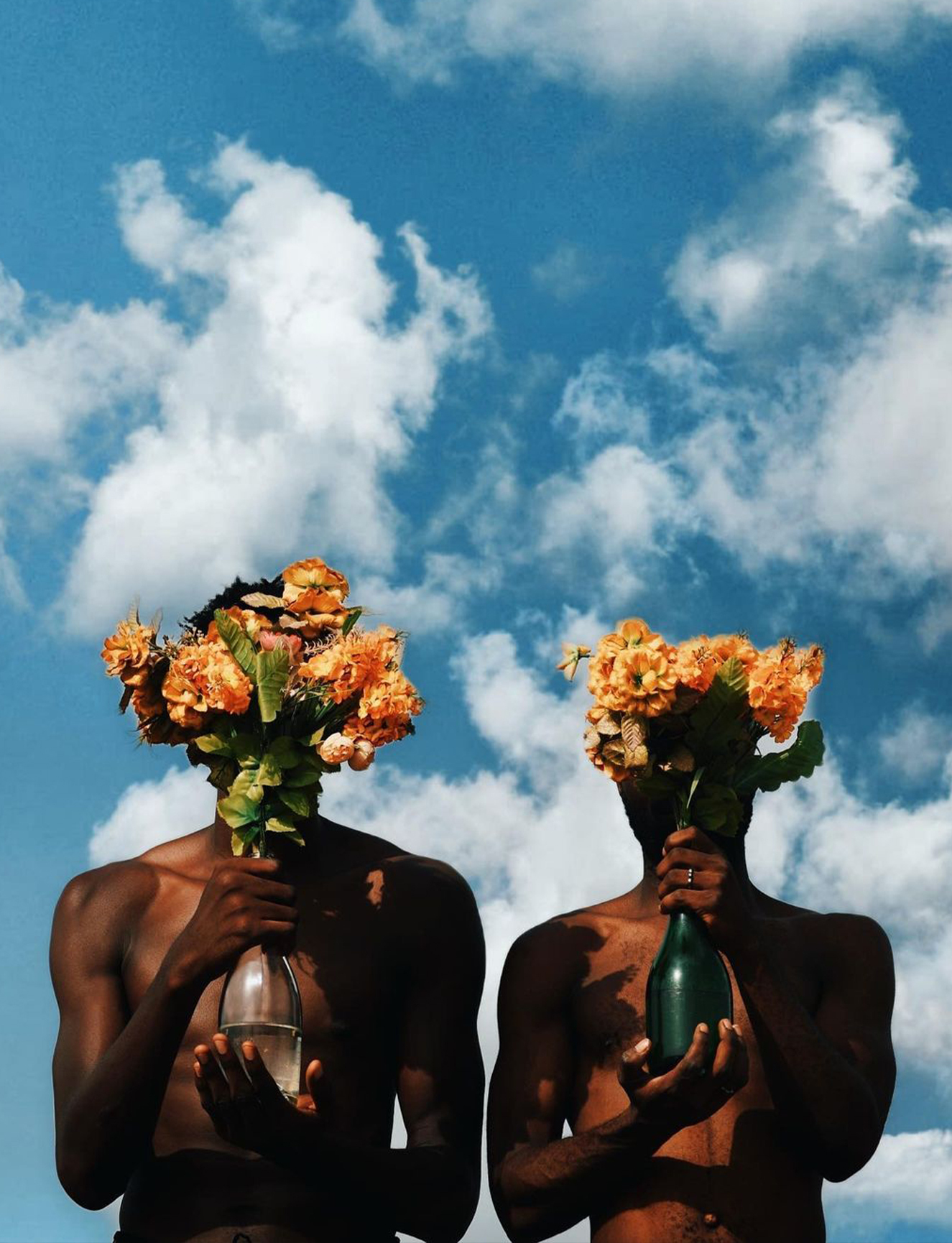You’re from Georgia, but were forced to flee as a child. I want to start by asking about what it was like to grow up between places, and how it may have shaped you as an artist?
Upon arriving back in Tbilisi at the age of 16, I had periods when I did not know what to do. I didn’t know my native language very well and it was hard for me to communicate with my peers. It was a difficult period. Two years later, in 2008, another war began between Russia and Georgia. I remember how calm my parents were, because the first war and the loss of their home left a deep mark on them. They had nothing to lose; they could only wait for it to end.
There were many bright moments too, the formation of me as an artist being one. I’d say this probably happened when I started making music, music helped to overcome different moments in life. Through music, the things that you couldn’t tell anyone would spill out; and you were able to share the innermost things that surrounded you.
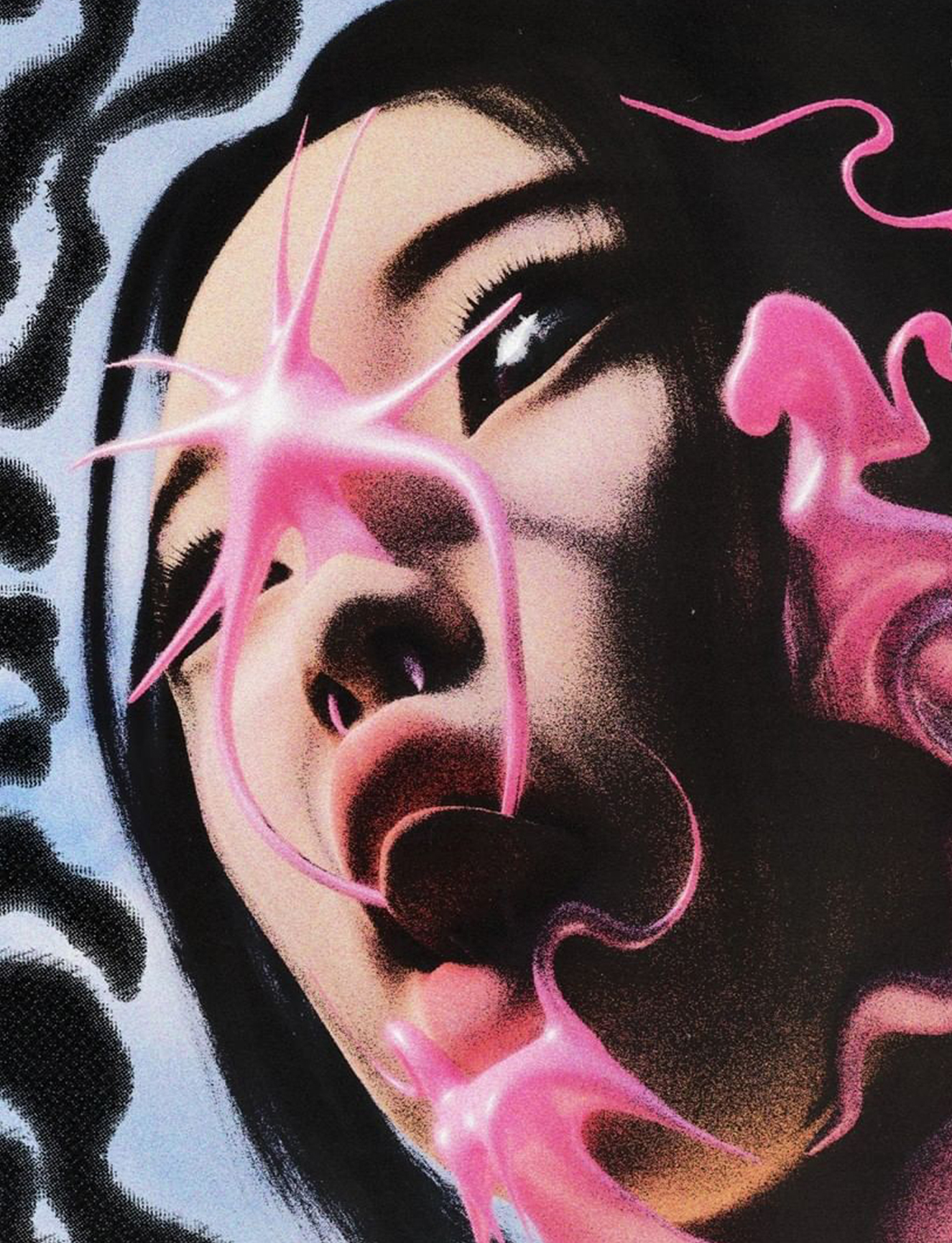
When did you first become interested in visual art?
My creative journey just began with an interest in prints and music, which subsequently led me to the world of fashion retail, working for various mass market brands. The time I devoted to this was perhaps the most formative period of my life, and not easy. Despite the fact that I did not graduate from university and do not have a higher education, my experiences and studies, which continue to this day, have made me who I am.
Music helped to overcome
As an entirely self-taught artist, what was your journey like to where you are now? How did you learn to be an artist?
Due to a difficult move my parents could not afford to help pay for my studies, since we were all starting from scratch. I had to learn for myself. My interest in photo editing stemmed from the need to create covers and posters for a music group I was in. After a short pause, in 2016 I began to use mobile editors, with which I made collages directly on my phone. These works quickly gained popularity in Georgia.

Then, using collages, I began to explore various aspects of digital art. Through collages I began to express satire, inner experiences and exciting moments in life. This experience was a real boost for me, and I am glad that I discovered this form of art. This is where my journey as an artist began.
What project, or piece, do you think you learnt the most from?
One of my recent projects, and perhaps the most significant, was a personal exhibition in 2022. Through it, I was able to interrogate my path so far and my inner experiences. There are also many great artists who can help change your practice and worldview; I believe it’s important to follow the development of art and study the past and present. Two of my favourite artists are John Stezacker and Ilya Kabakov.
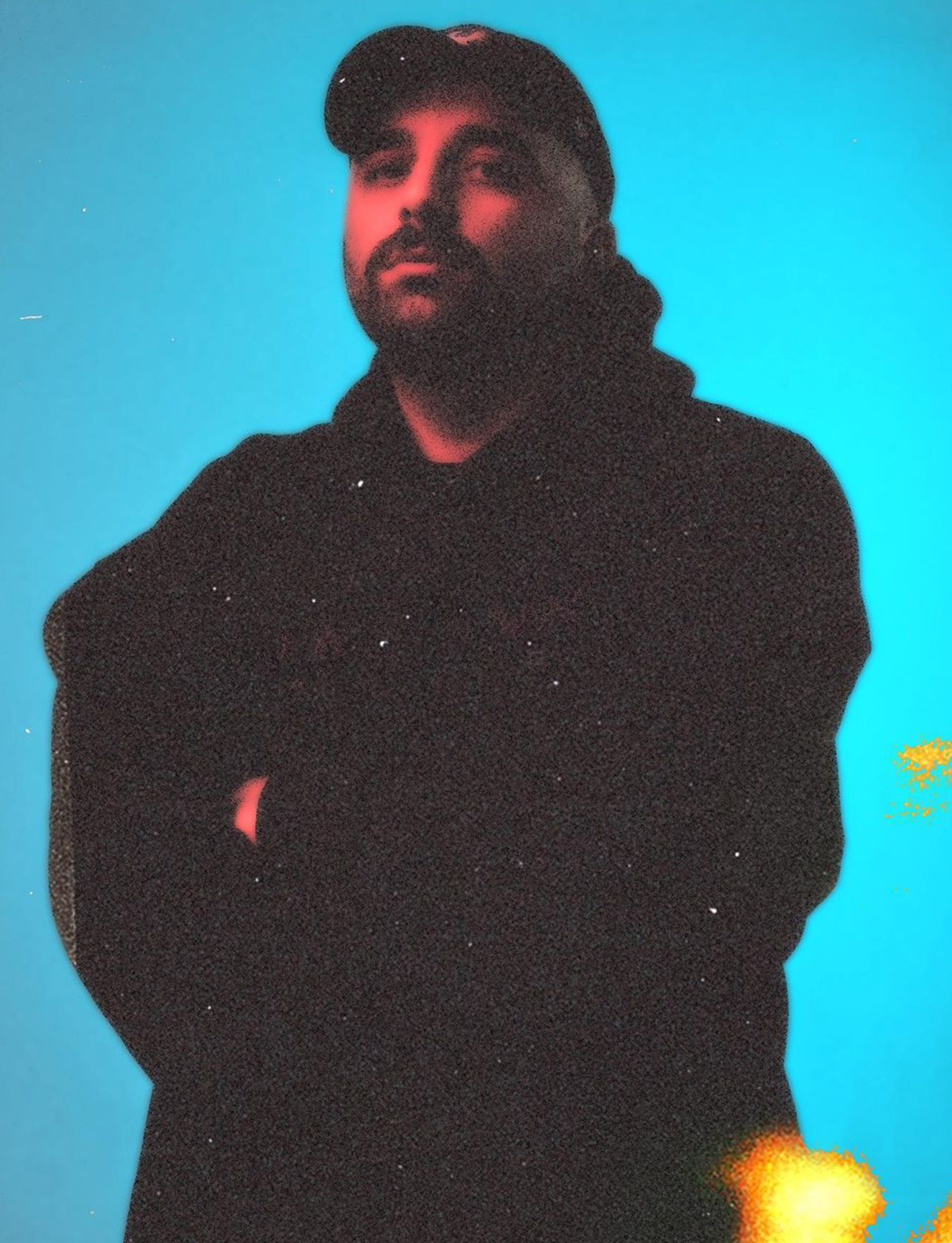
Do you feel possessive over your ideas?
I feel that in the time we live in, it’s pointless for anyone to feel like the owner of an idea; everything has already been invented and we are just generating what already exists.
Over time I found my individuality
You have a really distinctive aesthetic, when did you feel you’d arrived at your own style?
I think it’s a matter of time, many hours of research, and love for what you do. It happens when you’re not noticing it. Over time I found my individuality, which is reflected in textures, primitiveness, shapes and the frequent use of metal in my works.
You don’t always have to follow established rules; sometimes you have to break them to create something unique and beautiful. My work is always inspired by what pleases my eyes and this remains central to my creative process.
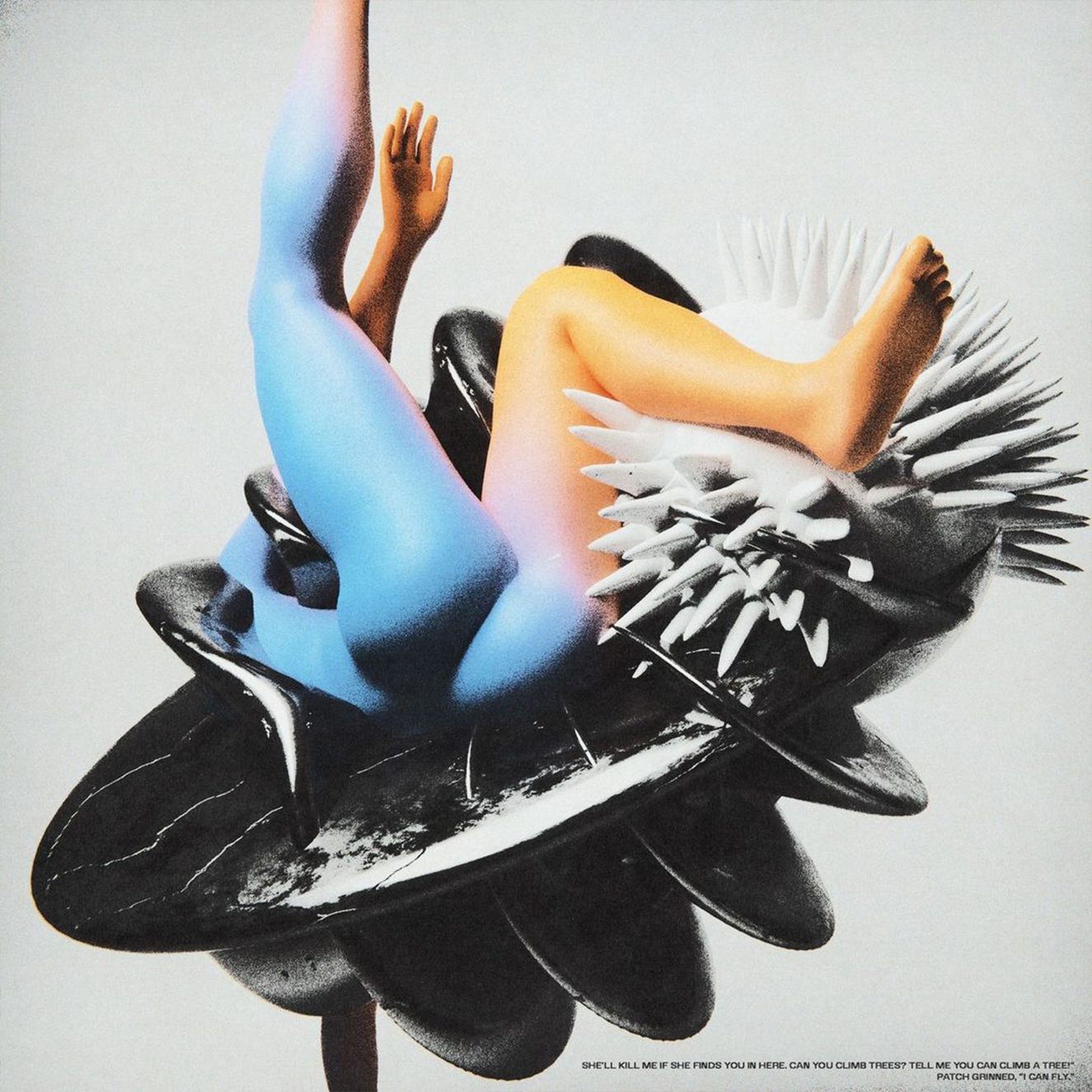
Are you guided by strong urges to finish every project you start?
Honestly, I have many projects that I could complete, but the main thing is to complete it definitely; this requires more time and more effort so that you are satisfied with the process. You need to be able to finish the story that has begun, otherwise not everyone is able to wait.
Read More: Maarit Hänninen: On Becoming An Artist



